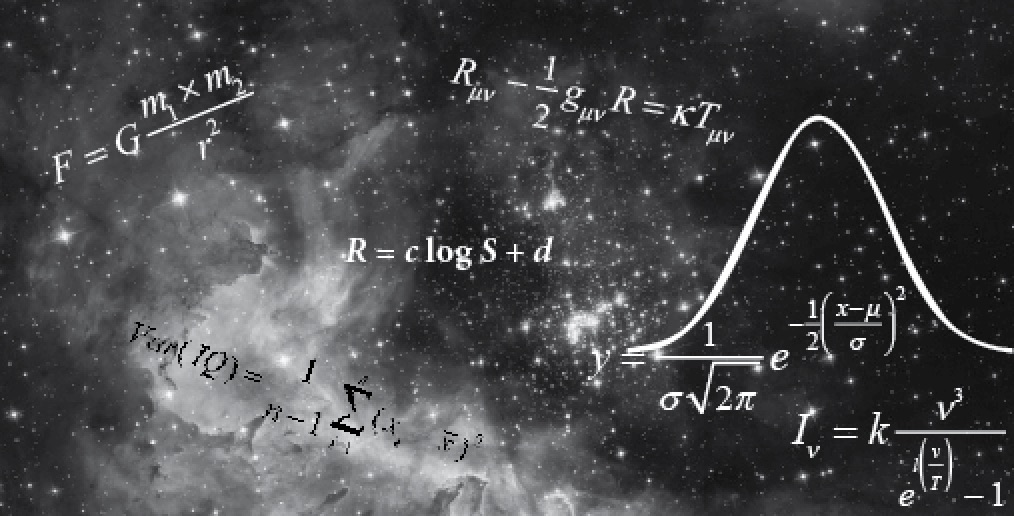
It is extremely unlikely that anyone of average intelligence could develop enough expertise to become a research mathematician or theoretical physicist, but there is a remote possible exception. The rarified intellectual realm at the top levels of mathematical research was well depicted in the 1997 movie Good Will Hunting. When Fields Medalist, Professor Gerald Lambeau, acknowledges that the young janitor at the University, named Will Hunting [played by Matt Damon] has superior mathematical talent, he says:
I can’t do this proof. But you can, and when it comes to that it’s only about..it’s just a handful of people in the world who can tell the difference between you and me. But I’m one of them… Most days I wish I never met you…Because then I could sleep at night, and I wouldn’t have to walk around with the knowledge that there’s someone like you out there…And I didn’t have to watch you throw it all away.
Acknowledging that he is less gifted in mathematical talent than Will Hunting, Professor Lambeau accepts his upper limit with bitter regret. Yet Lambeau was a profoundly gifted mathematician.
Bill Gates, founder of Microsoft has an estimated IQ of about 150, yet In Hard Drive: Bill Gates and the Making of the Microsoft Empire, Gates’ biographers James Wallace and Jim Erickson describe his ruminations as he contemplated his future:
At Lakeside, [High School] Gates had been the best student in the school at math. Even at Harvard, he was one of the top math students. But he was not the best. … “I met several people in the math department who were quite a bit better than I was at math. It changed my view about going into math. You can persevere in the field of math and make incredible breakthroughs, but it probably discouraged me. It made the odds much longer that I could do some world-class thing. I had to really think about it. Hey, I’m going to sit in a room, staring at a wall for five years, and even if I come up with something, who knows. So it made me think about whether math was something I wanted to do or not.”
When gifted people reach the upper echelons of mathematics or theoretical physics, they realize that there are only a few openings in these careers and they are occupied almost entirely by people who are gifted or profoundly gifted. In reaching these positions, hard work is a necessary, but not a sufficient condition.
If intelligence is measured using IQ tests, then someone who registers as average or slightly above average may have been shortchanged by the test. Since IQ tests are approximate measures of intelligence, they are sometimes inaccurate, so a brilliant person like Richard Feynman, whose IQ was measured at 125, was able to rise to the top of the scale in theoretical physics.
For more information on this question, visit a previous post at: Can you become a brilliant theoretical physicist with an average IQ (95-105)? – Intelligence and IQ
